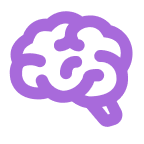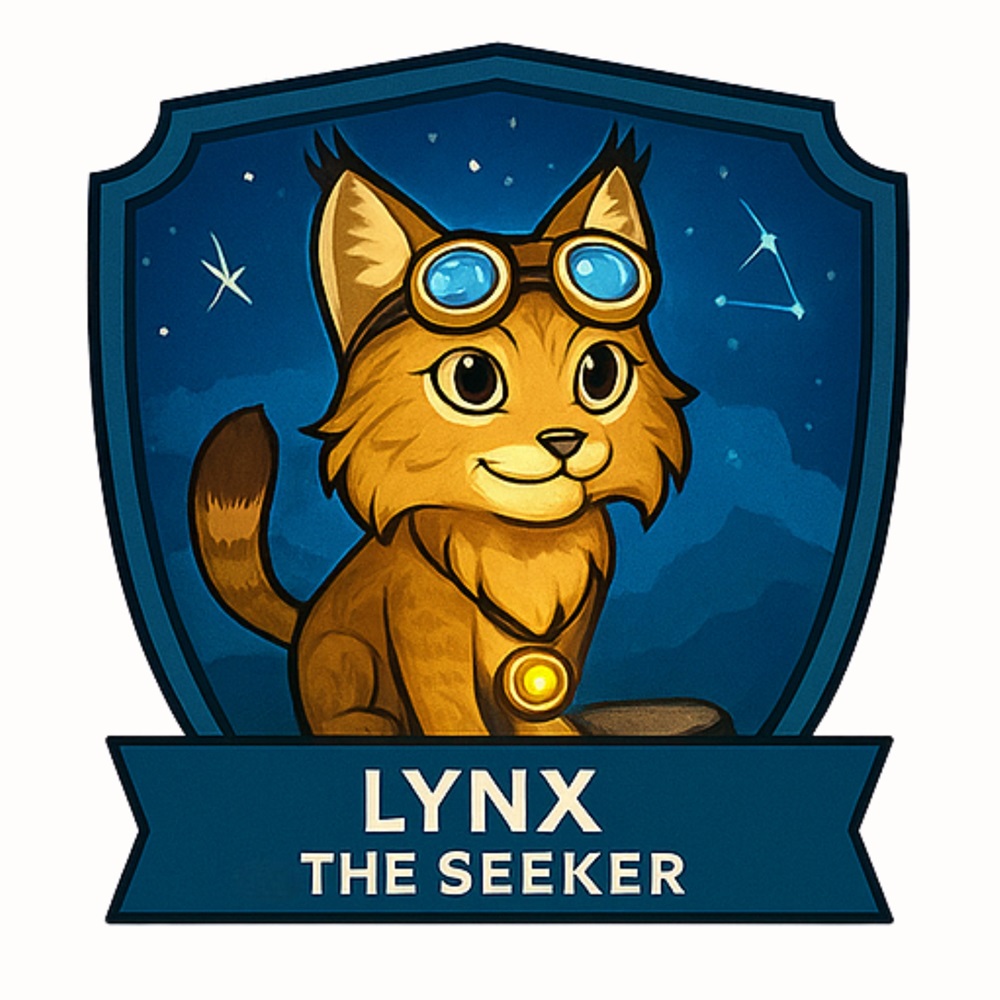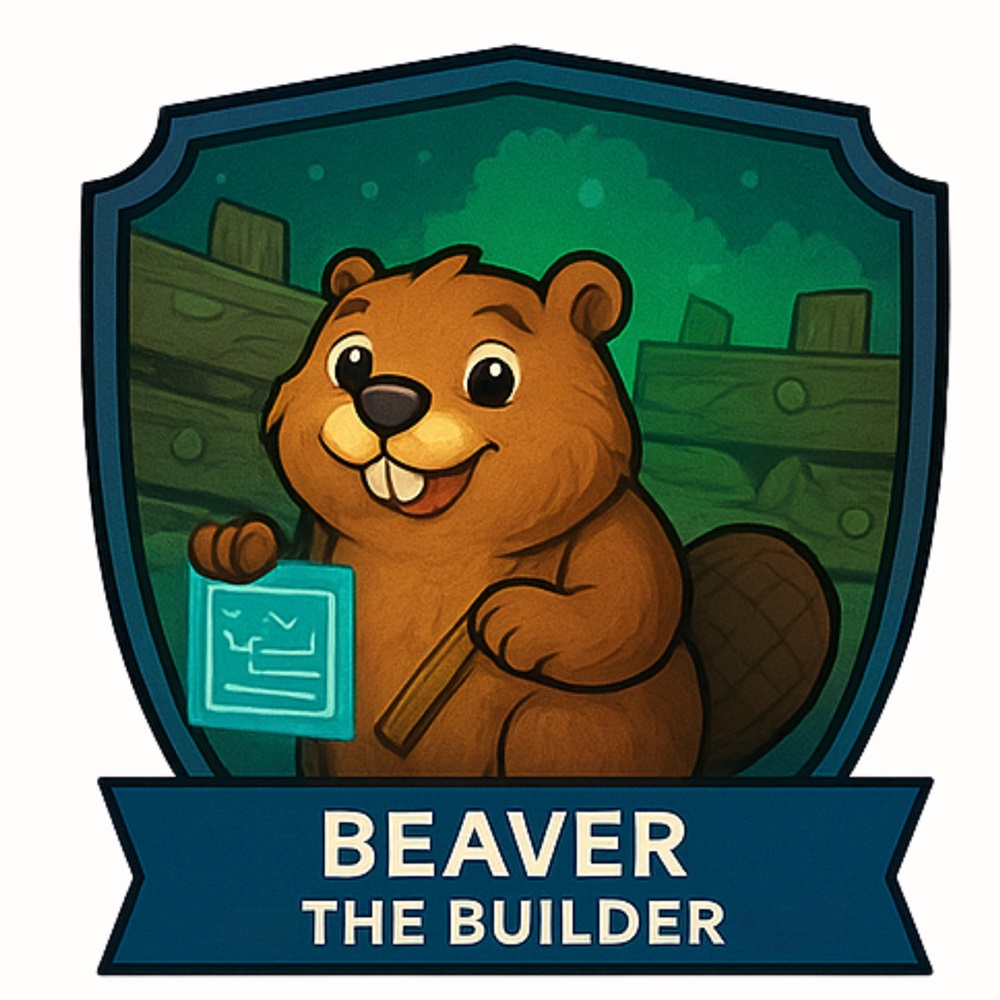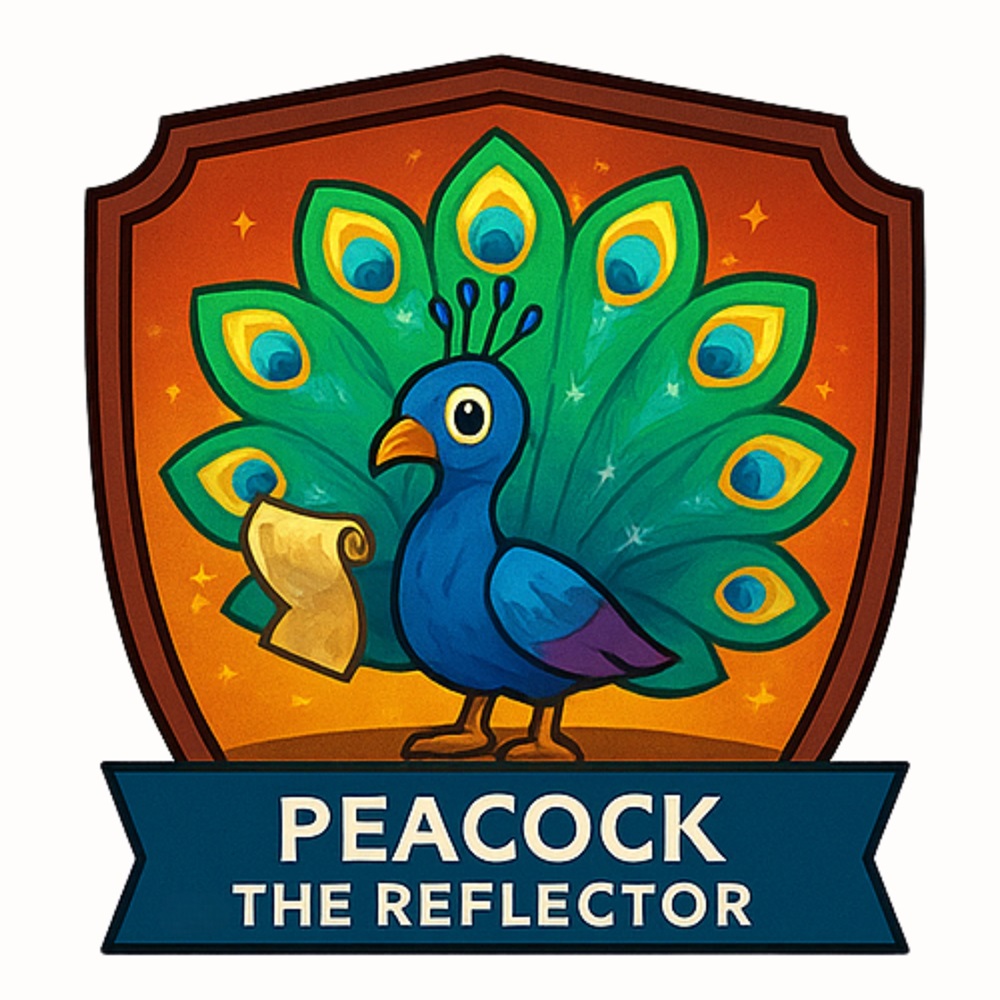Help Your Child Set and
Achieve Big Goals
Teach the habits of success with planning, motivation, and resilience.
Goal-Setting: Gaining
Tools for Success
Expert-designed, research-backed, and ready to bring
life-changing skills into everyday learning.
Course Overview
 Understanding Goal Setting
Understanding Goal Setting
Learn tools to set and achieve meaningful goals.
 Realistic Expectations
Realistic Expectations
Recognize the benefits and challenges of setting achievable goals.
 Personal Goals
Personal Goals
Align goals with personal values for lasting impact.
 Skill Building
Skill Building
Use strategies to ensure consistent progress toward goals.

Course Badges

Unlocked After
Completing 1 Module
Lynx – The Seeker
You’ve started naming your dreams. The Lynx helps you focus on what matters, guiding you toward your goals with sharp eyes and sure steps.


Unlocked After
Completing 2 Module
Beaver – The Builder
This badge proves you’re learning how to build step-by-step. Like the Beaver, you're shaping a plan with care — brick by brick, thought by thought.

Unlocked After
Completing 3 Module
Lizard – The Tracker
You’re not just moving — you’re measuring. This badge honors your ability to track growth and adjust — just like the agile Lizard on a mission.

Unlocked After
Completing 4 Module
Peacock – The Reflector
You’ve learned to celebrate what’s working and change what’s not. Like the Peacock, you show up with color and confidence — and the wisdom to grow.

Meet the Course Creator

Dr. Ashley Schoener
My name is Dr. Ashley Schoener, and I am a postdoctoral fellow in clinical neuropsychology. I earned her PhD in Counseling Psychology from Ball State University, my master’s degree in counseling from the University of North Dakota, and my bachelor’s degree in psychology from Bloomsburg University of Pennsylvania. I have worked in a variety of behavioral health settings and have clinical experience working with individuals across the lifespan. I have also conducted research, co-authored peer-reviewed publications, and presented at national conferences.
However, I have always had an interest in teaching and a passion for providing education to the public about my particular areas of expertise. My areas of interest broadly include affective neuroscience, cognition, and brain-behavior relationships. As such, I have plenty of knowledge to share on a range of topics. I believe learning is most effective when you are able to engage with the learning process, and this does not always have to feel like work. Our goal is to give you the opportunity to learn about some important new skills with a different approach than you're used to!
Courses have been developed for the purpose of education, in collaboration with screenwriter, Anthony Crutcher, and artist, Dennis Di Lorenzo. We are very excited to share our courses with you and hope you are able to learn something new from each one you complete!
Sample Lesson Preview 
Goal-Setting: Gaining Tools for Success
Effective Goal Setting
Setting Effective Goals
All goals are not equal, and some give you a better chance at success. You want to set yourself up for success from the start of the goal-setting process by setting effective goals. Let's revisit those goals you've already identified and build on them using what was learned in this module.
Practice by reviewing your goals and editing them according to the qualities that make goals effective. Effective goal qualities include time-limited, achievable, simple, and specific goals. Download the Effective Goals worksheet here to complete the following steps:
STEP 1: Write down 3–5 goals
STEP 2: Put a star by ones that should be edited.
STEP 3: Practice rewriting them.
